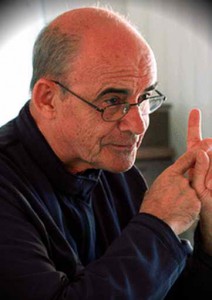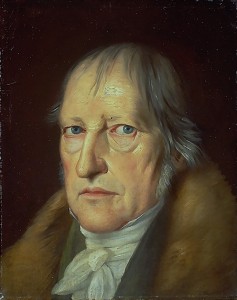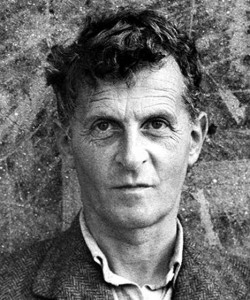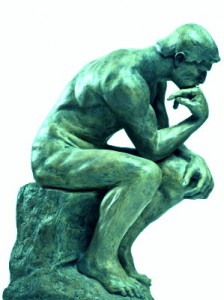 The definition of forgiveness in a non-secular context includes God, as the ideal of goodness or as pure agape, on one side of the equation. On the other side of the equation sits the erring, sinning human being.
The definition of forgiveness in a non-secular context includes God, as the ideal of goodness or as pure agape, on one side of the equation. On the other side of the equation sits the erring, sinning human being.
Forgiveness is possible in this context because it calls for and affirms the existence of a transcendent, infinite power.
This paper will argue against the possibility of defining the concept of forgiveness in the non-theological context. Continue reading





